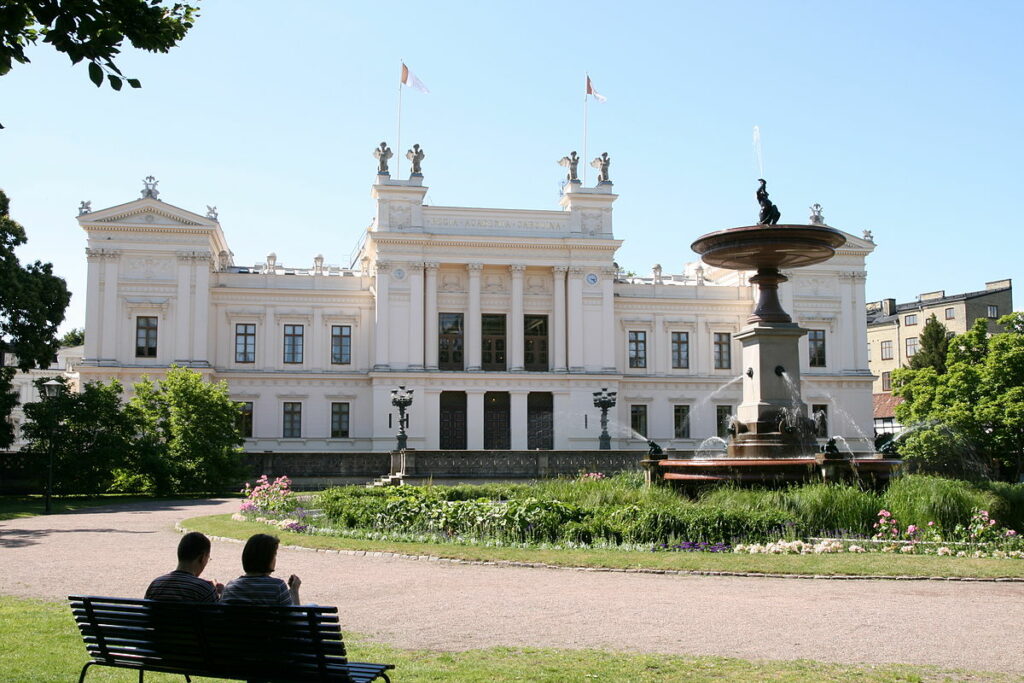The European Commission presented last week a package of proposals to advance transnational cooperation between higher education institutions in the EU with the ultimate goal of creating a European degree.
The package consists of a Communication on a blueprint for a European degree and two proposals for Council recommendations to support the higher education sector: one to improve quality assurance processes and automatic recognition of qualifications in higher education, and the other to make academic careers more attractive and sustainable.
“Education is a key building block of our European way of life and a promise to our younger generations,” explained Vice-President Margaritis Schinas.
“Our universities provide graduates with strategic skills for their future and serve as beacons of a European brand of academic excellence. A European degree is the next step and will empower our universities to work together, for the benefit of students, teachers, employers and Europe’s competitiveness.”
A Commission spokesperson stressed that the European degree is voluntary. The blueprint for the degree paves the way for a new type of joint programmes, delivered on a voluntary basis at national, regional, or institutional level, and based on a common set of criteria agreed at European level. The degree will be automatically recognised everywhere in the EU.
In fact, the common criteria have already been formulated (annex II in the recommendation) following testing in a pilot project that involved more than 140 higher education institutions across all member states, students’ organisations and economic and social partners.
According to the criteria, a joint programme is offered by at least two higher education institutions from at least two different member states.
The programme should offer deep intercultural experience, including a minimum of one period of student physical mobility at one or more partner institutions. Multilingualism (studies in at least two different EU languages), participation fostering European values, and the green transition are also among the criteria.
In view of the diversity of the European higher education systems across Europe, the Commission proposes a gradual approach for EU countries towards a European degree, with two possible entry points.
The first step is a preparatory European label. It would be given to joint degree programmes which meet the proposed European criteria. The label certificate is a separate document which will be given together with the degree. The second step is the European degree which will take more time to implement. It is a new type of qualification which requires legislation on national level.
It is likely that the European label will remain in parallel with the European degree after the latter has been introduced, the spokesperson told The Brussels Times. The package will be discussed with the Council and key stakeholders in higher education in the coming months.
The European degree will add value to students and universities, according to the Commission. For students, it will offer more opportunities to study at various universities in different EU countries and to graduate with one universally recognised diploma. For universities, it will make it simpler to set up a joint degree programme with several universities across Europe.
Will it be easier to get a European degree approved in non-EU countries? “Yes, we think that will happen,” the spokesperson replied. “It will also be attractive for foreign students to study for a European degree.”
Currently universities in the EU and worldwide are ranked based on quality criteria relating to their teaching and research. A European degree offered in a joint programme which has been subject to certain quality assurance arrangements will probably reduce the quality differences between the universities concerned and improve the overall quality.
M. Apelblat
The Brussels Times

